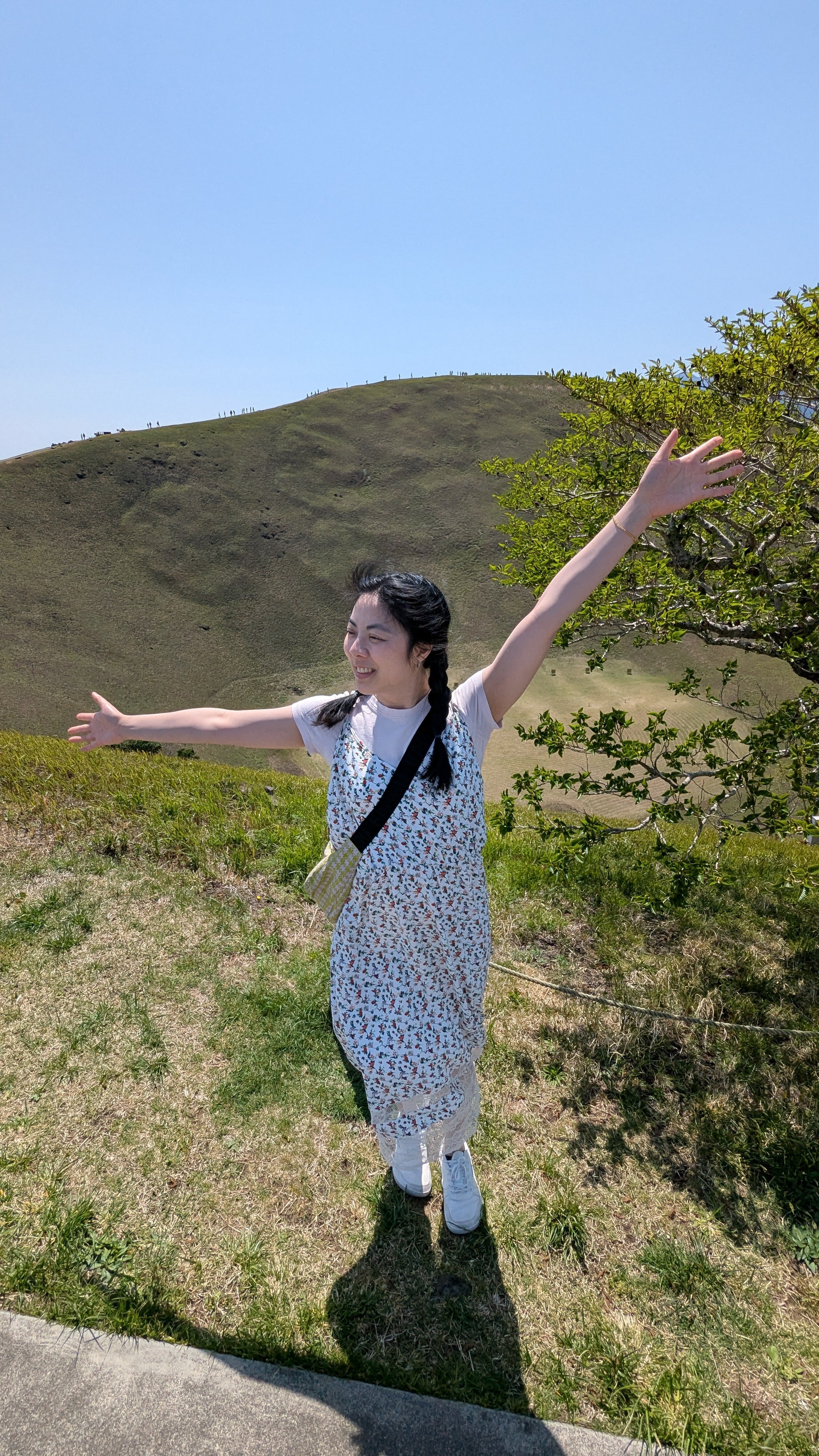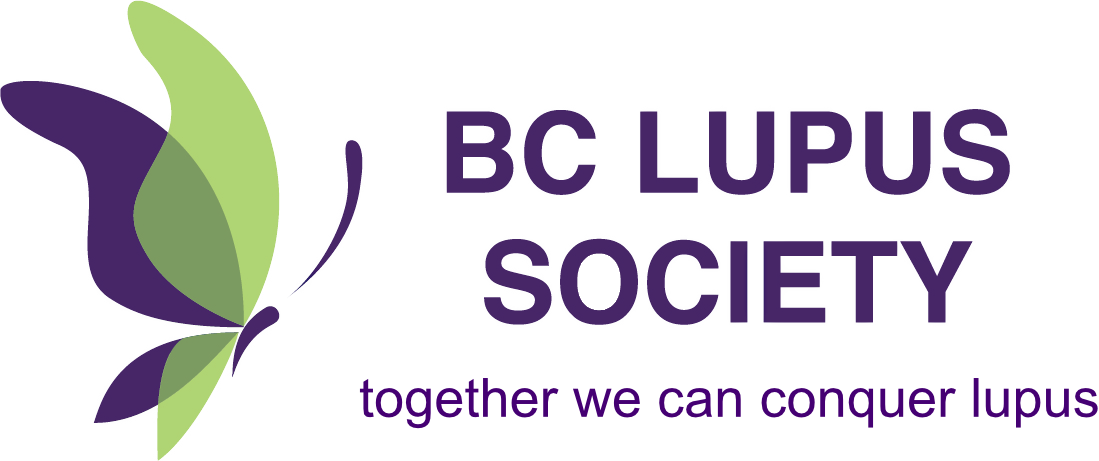Turning a Lupus Diagnosis into a New Love for Life
Meet Winnie — She faced her lupus diagnosis head-on and used it as a catalyst to rediscover joy, build deeper connections, and fall in love with life all over again.
When were you diagnosed with lupus, and how did you first realize something was wrong?
I was first diagnosed in 2013, during the last year of my undergraduate degree. At first, I didn’t think much of it, it just started with extreme tiredness. I brushed it off until my little brother came into my room one day and said, “Why are you always sleeping?” And he was right, I was sleeping every chance I got. I would sleep as soon as I got home, during my breaks, even during class. I actually got pretty good at sleeping in class without getting caught.
Eventually, things started to feel off when I began having joint pain. It started in my shoulder, and I thought it was strange since I hadn’t injured myself. At the time, I didn’t have a family doctor, so I was bouncing around walk-in clinics, which made it difficult to get answers. Eventually, I did get a family doctor who was excellent. He ordered a full set of tests and suspected lupus, but he had to refer me to a specialist to confirm the diagnosis. I was on the waitlist for about seven months, but I didn’t even make it to that appointment. I had such a bad flare-up that I ended up hospitalized and got to see the specialist sooner.
What was the flare-up like?
I was getting ready for a post-grad trip with my friends. We had been planning it for so long. Up to that point, I only had joint pain and fatigue. I figured I could just take some Advil and be okay. But the night before the trip, I had a panic attack and thought I was going to die. I told my brother to call an ambulance, and everything after that was a blur.
I was admitted to the hospital and wasn’t myself. They discovered the lupus had affected my brain—I was paranoid, had memory issues, and didn’t recognize my own family. It was serious. I wasn’t on any treatment yet, so they had to figure out what would work. I ended up staying in the hospital for three months. That was the summer of 2013. I was 23 years old.
They had to try some intense treatments. The doctor who helped me then is still my doctor today. Now, I’m on maintenance medication and doing much better.
How has lupus affected your daily life, including school, friendships, or hobbies?
Honestly, I feel pretty lucky. I only feel bad when I’m in a flare-up. On most other days, I feel normal. I work and exercise regularly, and I’m grateful that I respond well to my medication.
Flare-ups are tough though. I work in person, taking blood and talking with donors. It’s hard to do that when your hands don’t work properly or it hurts to stand. So during those times, it’s definitely challenging.
My family and friends are very supportive. They check in on me and make sure I’m surrounded with love. All of my family lives in Vancouver, so I feel really fortunate.
What’s one thing you wish more people understood about lupus and how it affects young people?
I wish family doctors had more knowledge about lupus and autoimmune diseases in general. That would make the diagnostic process faster and less frustrating. Once I finally had a diagnosis, I was able to find lots of helpful resources online, but getting there took too long.
How do you manage flare-ups or difficult days, both physically and emotionally?
I sleep a lot. That’s one of the biggest things that helps.
Flare-ups can be intense. While blood and urine tests can show a lot, sometimes doctors need to do a kidney biopsy to understand the full extent of the damage, they literally have to examine a piece of your kidney. For me, flares often involve my heart as well. I typically experience symptoms like an irregular heartbeat, shortness of breath, and joint pain. Joint pain is usually the first warning sign.
Has lupus changed the way you see your future or the goals you’ve set for yourself?
It hasn’t changed the way I see my future. Before getting sick for the first time, I wasn’t very engaged in life. I found life to be grey and mundane, and I wasn’t excited about much. After lupus, I’ve gained a new appreciation for being alive. I’ve started to love talking to people, exploring new places, and trying new hobbies.
My first flare affected my ability to move around, my energy levels, and my sense of self because of the brain involvement. After recovering, I’ve learned to appreciate that my body works, and I take full advantage of this by doing all the things I truly love.
My life feels brighter now, and I am happy.
What role have friends, family, or the lupus community played in your journey?
It’s meant a lot to have people who listen and support me. Just being able to tell someone I’m not feeling well helps, and I always get a little extra love in return.
My family has been amazing. When I was first diagnosed, they did tons of research and really advocated for the best treatment options, especially ones with fewer long-term side effects. They’ve always had my best interests at heart.
What advice would you give to another young person who has just been diagnosed?
Take your medications! Don’t stop unless your doctor has a plan for it. And stay on top of your bloodwork. It can alert you to something before you even feel symptoms. Learning what the tests mean can also help you have more informed conversations with your doctor.
Knowledge makes everything feel less scary. The more you understand about lupus, the more empowered you’ll be.

“My first flare affected my ability to move around, my energy levels, and my sense of self because of the brain involvement. After recovering, I’ve learned to appreciate that my body works, and I take full advantage of this by doing all the things I truly love.
My life feels brighter now, and I am happy.”
— Winnie

